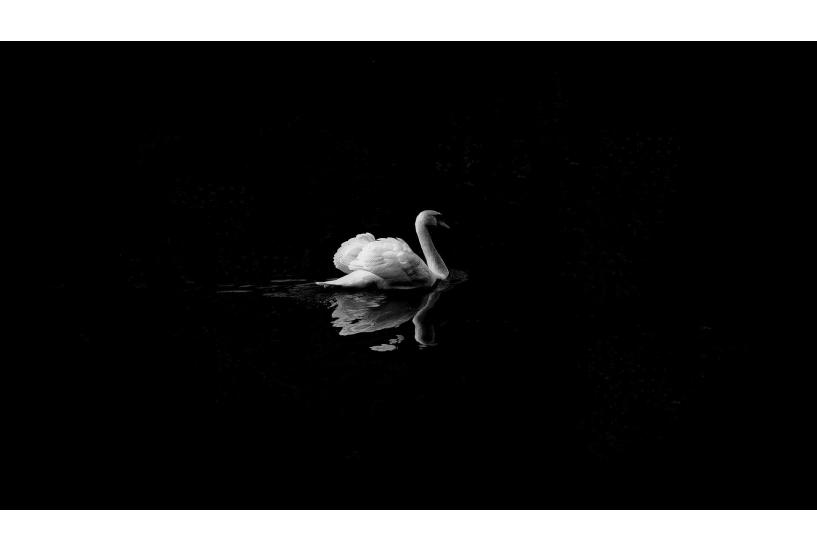The Genius of the "Other"
by the late Daniel Deardorff, from his book The Other Within
Neither dogma, nor ethics, nor rule-of-law can speak precisely to the unique depths of the individual person. Only myth, in its sweeping ability to constellate an array of contradictory meanings, has the power to awaken, within the private and particular moment, an immediate sense of what matters most.
There is the “Other” who stands at the margin within society and at once at the edge of consciousness within each individual. The orphaned part of us thrills to every story of the child lost to lowly circumstance; while unbeknownst to the false parents, the child is really the great wizard, the true king or queen, the secret champion waiting to rise from ignominy to a just and rightful destiny. Yet many a noble soul does not rise—they live in “permanent outsiderhood”—the undesirable misfit, tolerated but never truly welcome. In The Other Within we wander through the forest of myth and the alleyways of empire to catch a sense of meaning and value—discovering that which matters most— hidden in the perennial human circumstance of Otherness.
From the perspective of civil-society, that which is not proper, or normal, or accepted is deemed to evince a social or moral “disfigurement, ugliness, or crookedness.” Plants become weeds, animals become vermin, ideas become heresy and treason, and people become infidel, outcast, misbegotten. This deeming and damning perspective seems immoveable, yet many of the old stories speak to a magical shift: the loathsome beastly shape transformed by a “blessing kiss”—an act of fidelity, love, and valor—as in the strange predicament of “The Dame Ragnelle”:
Her stepmother had by necromancy enchanted her; and she was condemned to remain under that loathsome shape until the best knight of England should wed her and yield to her the sovereignty of all his body and goods. “Thus was I deformed,” she said.
When Sir Gawain grants her the “blessing kiss” and the “sovereignty,” Ragnelle becomes a radiant beauty. Yet, one must ask, is this magical shift a transformation of form or of perception? And is it possible that perception alone can alter form?
There is the “genius” who stands beside, before, and beyond us: “The tutelary god or attendant spirit allotted to every person at his birth, to govern his fortunes and determine his character, and finally to conduct him out of the world.” The power of this Genius is to deform: ‘de’ meaning to remove, and ‘form’ meaning the visible aspect. To remove the visible aspect is to disclose the interior shape in an aesthetic rupture, or gnostic flood of luminous interiority. The old tribal initiators used this rupture to divert ordinary perception and awaken the imagination to the Mystery of life. In the context of the present work, imagination is understood to be the sum total of all one’s capacities. Moreover, “Imagination,” as defined by Gaston Bachelard, is “the faculty of deforming the images offered by perception.”
While my personal life has been immeasurably shaped and informed by a literal deformity of body, the reader should not confuse the author’s deformity with the deforming powers of imagination. To be clear, the Genius of Deformity is much more than a vantage afforded by alterity, nor is it a mere capacity of human intelligence—it is the extra-human agent of imagination. It is our lost and longed for twin: the not-I, the wild-one, the paraclete, the wounded-healer, the daimon, the vengeful-guardian-angel, whom we forgot the day we were born, and from whom the walls of social order have kept us divided. Otherness of any kind—cultural, racial, religious, sexual, physiognomic—presents a de-formation which effaces the veil of social, ideological, and physical “structure.” Thus, offering or threatening the ultimate disclosure—deeper than “appearance”—that totality of reality which can be understood, not by explication, but only by the artful subtlety of what is implied. The “implicate” is the deep-song, the Ghost River, the complex and evershifting imagery of myth that has, for a few, revealed and revised the isolating wounds of Otherness to be the common ground of human understanding, compassion, and meaning.
Facing the Other within us presents a terrifying difficulty. The trouble is vividly portrayed in a crucial moment of the tale “Maria Morevna”: handing us the keys to the palace she, the great warrior queen, declares, “I must go to battle. In my absence you have the run of things, anything you desire, all is open to you save one small room in the deepest dungeon; that door you must, on no account, seek to prise open.” If we obey her interdiction the status quo remains undisturbed— nothing happens—and we live a cheerful mediocrity. Yet in quiet moments we may feel a distressing call to the dark rooms hidden in the dungeons of the psyche; the doors are locked, bolted, chained and long rusted shut. Tacitly forbidden, they are kept out of mind. Thus, the people at the center of things are buoyantly ignorant, while those at the edge are burdened with a bewildering gravity. In the unknown darkness behind the door something nameless longs for the arrival of one with the cunning and grace to grasp the key. The initiatory journey of ordeals, awe and thunderbolts will begin the moment we open that door. On the other reluctant hand, the requisite cost of denial is the endless task of finding some person, group, or nation to scapegoat—the great civilizing strategy—foisting our defects onto Others.
The prohibitive cost of denying Otherness could not be more crucial to the survival of the human race. Our mass refusal to face the “Other within” has engendered a regimen of sociopolitical atrocities, genocidal horrors, and environmental devastations—a virulent storm of global proportions. Contrary to the tenets of foreign policy and social activism, a remedy for this aggressive pandemic cannot be mediated, legislated, or enforced at a global, regional, or municipal level; it can only begin at the root, within each individual (intra-personally), and within our nearest and most intimate relations (inter-personally). It is therefore in this small and most private of territories that the potential for a truly humane society begins.
Odin, the raven god, often came masked as a wanderer; an unexpected guest, appearing on the doorstep at twilight to test our trust and generosity. The wisdom to shield Glory in a cloak of shame is the oldest mercy of the gods. Only thus can it come amongst us. As to how he knew when and whom to visit, they say that Odin had two ravens who left his side only in the half-light of dawn. Returning to his shoulders in the full-light of morning they whispered the whole world condition to his heart; an irrational but imaginal means of gathering information, and a mythic lesson we can only hope to emulate.
Like a door slammed in the Wanderer’s face the social and psychological rejection of Otherness constitutes a clear attack on the imaginal intelligence of the soul. Suffering the violations of perceived and projected deformity one’s “identity” is split: divided into insider and outsider, worthy and worthless, above and below. That which is above we adore and aspire to personify, that which is beneath us we disdain and hold in contempt. This deeming duality of superior/inferior is the core of civilization’s method (i.e., conquest, oppression, and exploitation). The discourse of human rights seeks to challenge the inaccuracy of the imposed category “inferior.” Nevertheless, just as Jerome Rothenberg asserts that “primitive means complex,” the assertion herein entails an equally contrary inversion: “inferior means powerful.” If rational thought is superior to myth, then it will be in myth’s inferiority that the greater efficacy and power reside.
A myth is a story that tells a sacred truth without the use of facts. Myth discloses value: not “values” in the moralistic or politically-correct sense, but intrinsic “value” as valor, valent, re-valuation, revelation, insight to essence and meaning. The illogical and transgressive manner by which myth works to reverse, revise, and deform our typical ideas and beliefs resembles the Mythic Trickster, the many named, shape-shifting, gender-bending, ambi-valent adventurer—Coyote, Raven, Legba, Loki, Tokwaj, et al. The Trickster comes as harbinger and exemplar of Deformity’s Genius and mythopoeic intelligence, embodying and articulating the powerful inferiority employed to leap the split between one’s exterior and interior life.
In my writing I generally refuse the use of personal anecdote: the following paragraph, then, stands as an uncharacteristic departure. The summer The Other Within was completed, no longer writing, I felt a strange disquiet, my heart echoed with a clear imperative: “Don’t just say it, make it real.” I didn’t want to, and I’d sworn I never would. Not by happenstance, but by intention—not the stage of the elite performer, but downtown on a crowded corner—for the first time in my life, I took my archetypally appointed place, in my wheelchair, guitar in hand: I sang the blues for loose change.
In some eyes I saw the “piteous cripple,” in others the “courageous angel.” Singing in the tension between the masks, I tested my actions against my own words: To grasp the significance of the mask, it must be recalled that the mask itself is a story. It is crucial to objectify the imposed identity as “the masked persona,” which “is then deployed to tell stories,” and most importantly, stories told subjectively, personally, from a “very specific vantage point”—from the deeper standpoint of identity prior to identification.
If I mistakenly identify my “Self” with the state of piteousness or courageousness, I assume the limits and privileges of that state (social status), consequently losing touch with my innate and implicit value—my “story”—identity prior to identification.
Given the prevalent confusion between perceived-status and inner-being, William Blake says we must: “Distinguish therefore States from Individuals in those States. / States Change: but Individual Identities never change nor cease.” Polarized identifications such as, piteous/courageous, ugly/beautiful, inferior/superior, are masks which obscure identity. Lao Tzu says: “In my obscurity is my value. That’s why the wise wear their jade under common clothes.” In other words, as Blake has it: “Shame is Prides cloke.” In order to distinguish the external status—the shameful common clothes—from the interior identity one must remain connected to the value of “jade” and “Pride” obscured and cloaked within. And yet, no matter how grand or degrading the mask may be, it is never just a facade, it has a life of its own, it is a story. If we refuse to learn the stories of whatever masks life bequeaths to us, we will never understand what people see when they look our way.
The challenge to accept the imposed identity as a useful cloak while upholding interiority requires a kind of ambi-dexterous, ambi-valent juggling of inner and outer truths—juglito ergo sum. The Trickster’s mythopoeic ambivalence (ambi = both + valent = of worth) teaches us to hold contraries in creative tension—coincidentia oppositorum—without dropping, devaluing, or denying one over the other. As in Lao Tzu, “being and nonbeing arise together; hard and easy complete each other; high and low depend on each other;” so in Blake, “Without Contraries is no progression.” Thus, we escape the cut of duality’s one-sided blade. To deny inferiority, in a half-hearted (mono-valent) effort to “claim a just and rightful destiny,” is to abdicate and forfeit imagination—turning our backs on the shadowy roots of wisdom—whereupon, a full half the heart is exiled.
Lacking imagination, the “value” of human-life—and of all life—is reckoned as a mere commodity. Even “Love” as Blake said, “becomes a State, when divided from Imagination.” There is a slippery correlation between the obscurity of Lao Tzu’s “value” and the imaginal life of Blake’s “love”: in a world where love and value have become the favored tools of exploitation, the fidelious authenticity which bears the “blessing kiss,” goes underground; out of sight, out of mind, abiding in the cold black dungeon. Meanwhile, the best chance of remembering our inner value, in the face of such overwhelming avarice, ignorance, and prejudice, is Trickster-wisdom: obscurity, eccentricity, lunacy, wildness, deformity—such is the “subversive virtue” of William Blake and Lao Tzu: twin ravens flown from opposites ends of space and time, they are paragons of Deformity’s Genius, far ahead of us on the path. Now and then, a black feather drifts down at our feet, showing us the way.
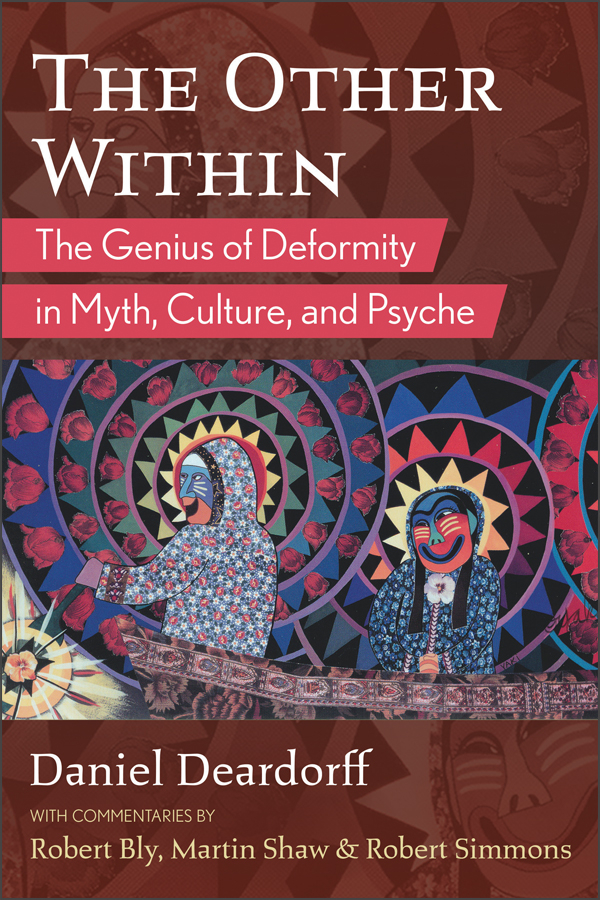 |
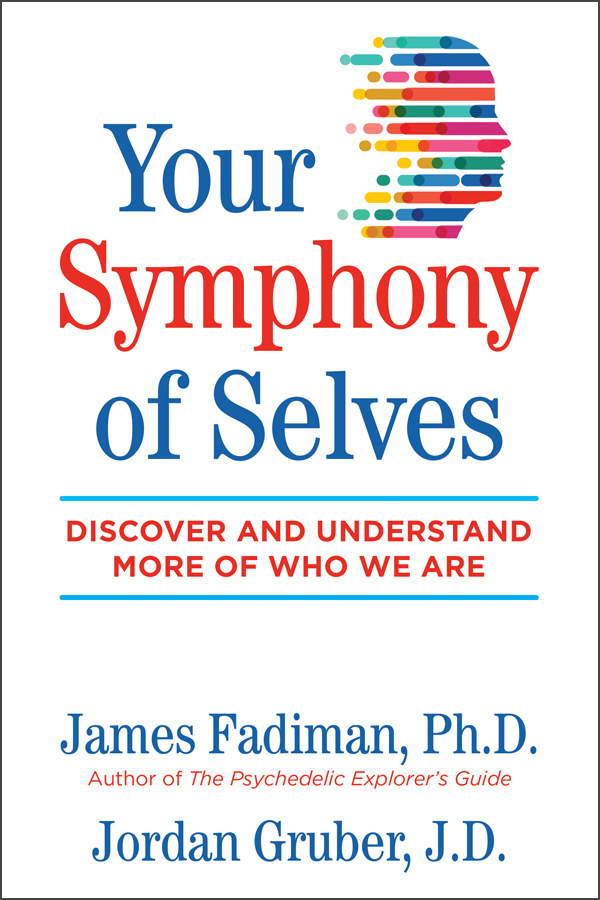 |
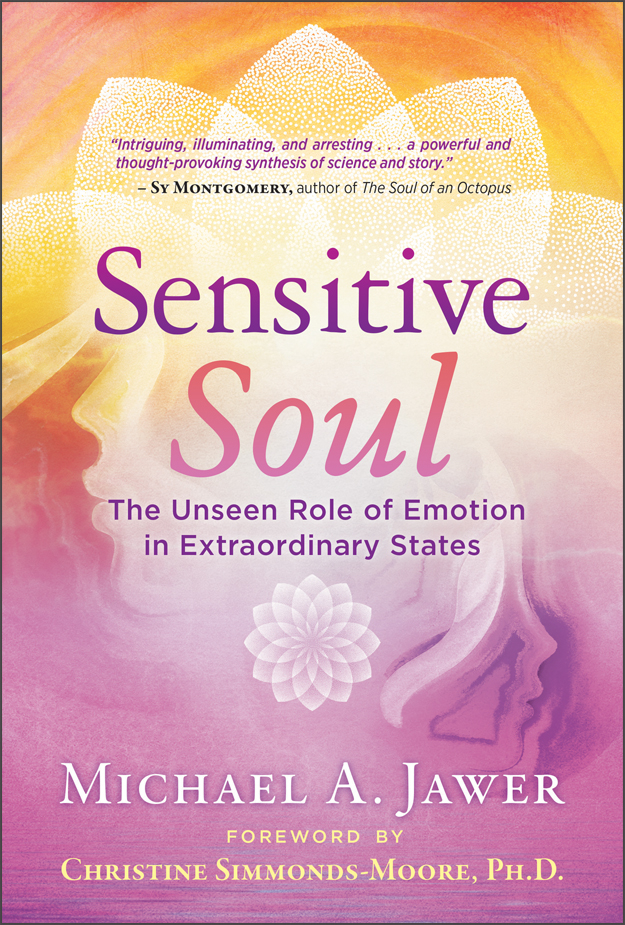 |
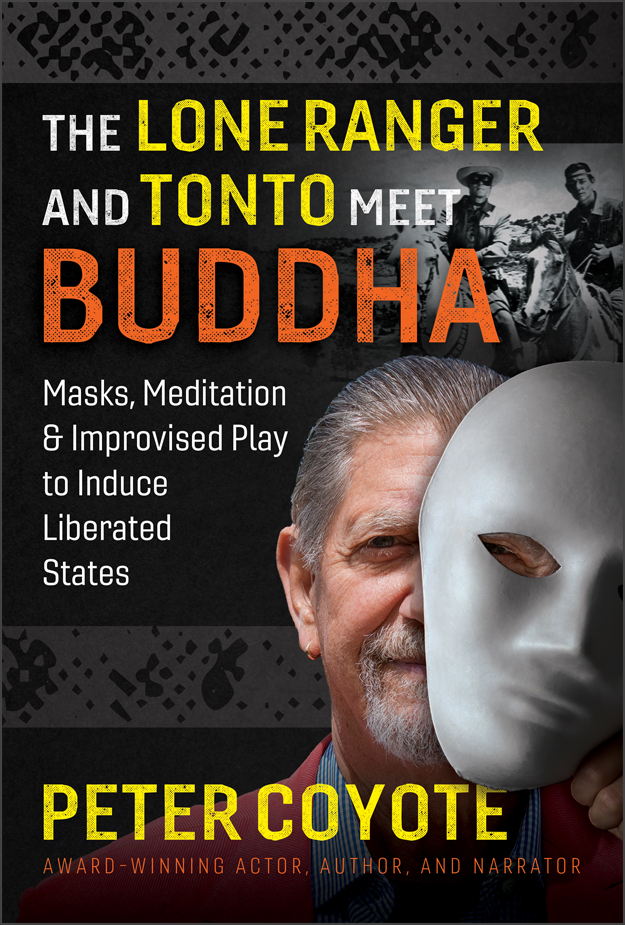 |


